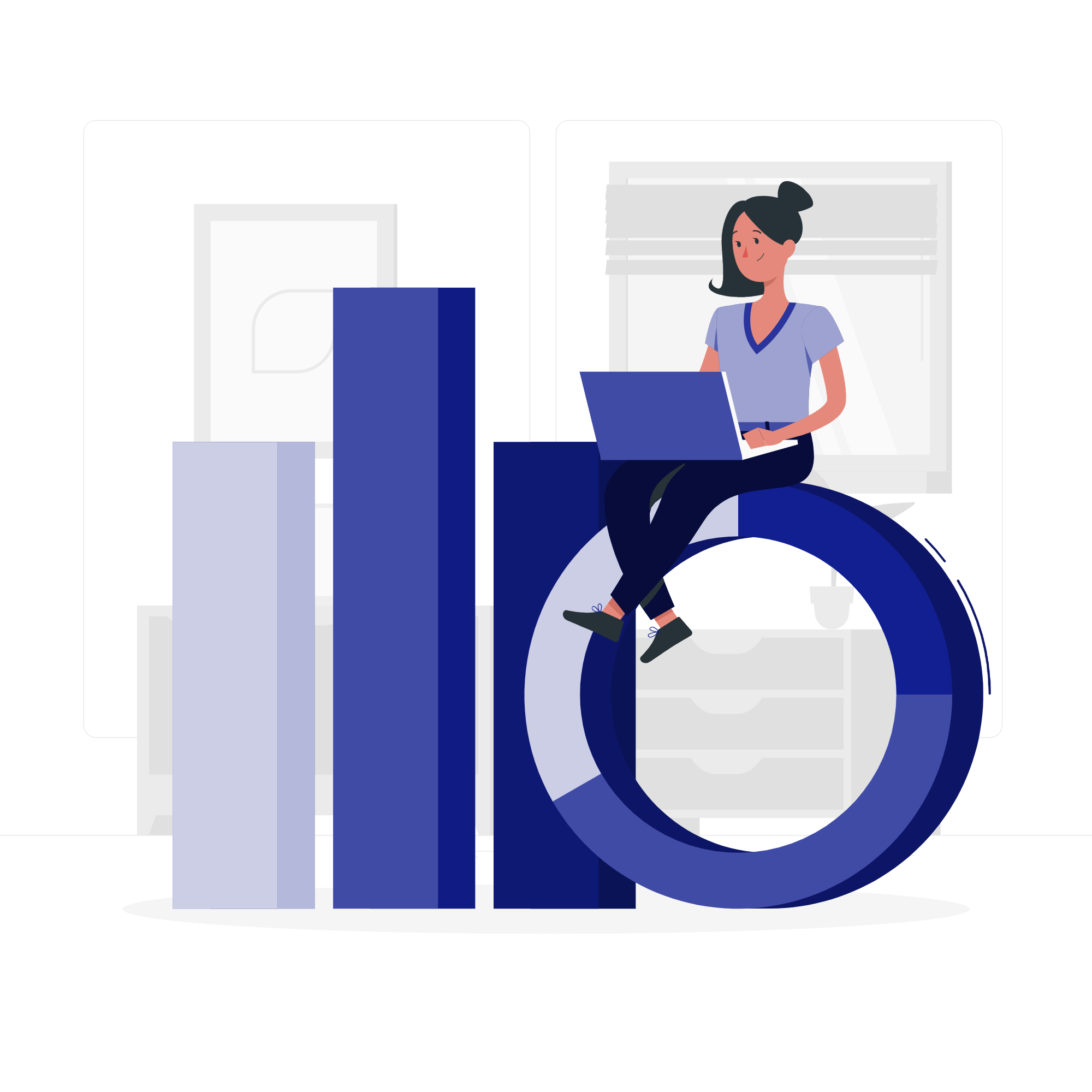
Biomedical signal-processing engineer
What is biomedical signal processing engineering?
It involves developing algorithms to extract useful features from physiological signals. Examples of such signals include brain activity, heartbeat, the change in blood volume in human skin and many others. These features could then be used for day-to-day health monitoring and for the prediction and diagnosis of diseases.
What does a biomedical signal processing engineer do? A day in the life
As a Biomedical signal-processing engineer you collect physiological datasets in the clinical environment, in the laboratory or often on yourself or your colleagues. Sometimes you use the datasets that were collected before or that you find online. Then you write scripts in the programming languages, such as Python or MATLAB to clean and manipulate the data and to transform it into useful information. You will use a lot of mathematics, data science techniques and maybe AI. You will work in a team with other engineers, with whom you will brainstorm the best ways to extract the information you want from the signals and to implement it in the most efficient way. You might also work closely with the Product Management team, which defines the requirements and goals for your product, for example, a medical device that you’re developing. You might work closely with the medical doctors for data collection and even sometimes end up in an operating room if you’re collecting highly invasive data, for example, intracranial brain activity measurements of invasive measurements of blood pressure and blood flow. Most of the time, however, you will end up working alone and fighting against the bugs in the algorithms.
Types of biomedical signal processing engineer
In a startup, there might be 2-5 biomedical signal processing engineers. In bigger companies and research institutions you might find the whole signal-processing departments.
How much does this professional figure earn?
90 000 – 120 000 CHF in Switzerland depending on the seniority level and experience
Top skills needed: tech and soft
Programming, data science, digital signal-processing, creativity and the ability for abstract thinking, understanding human physiology is a plus.


